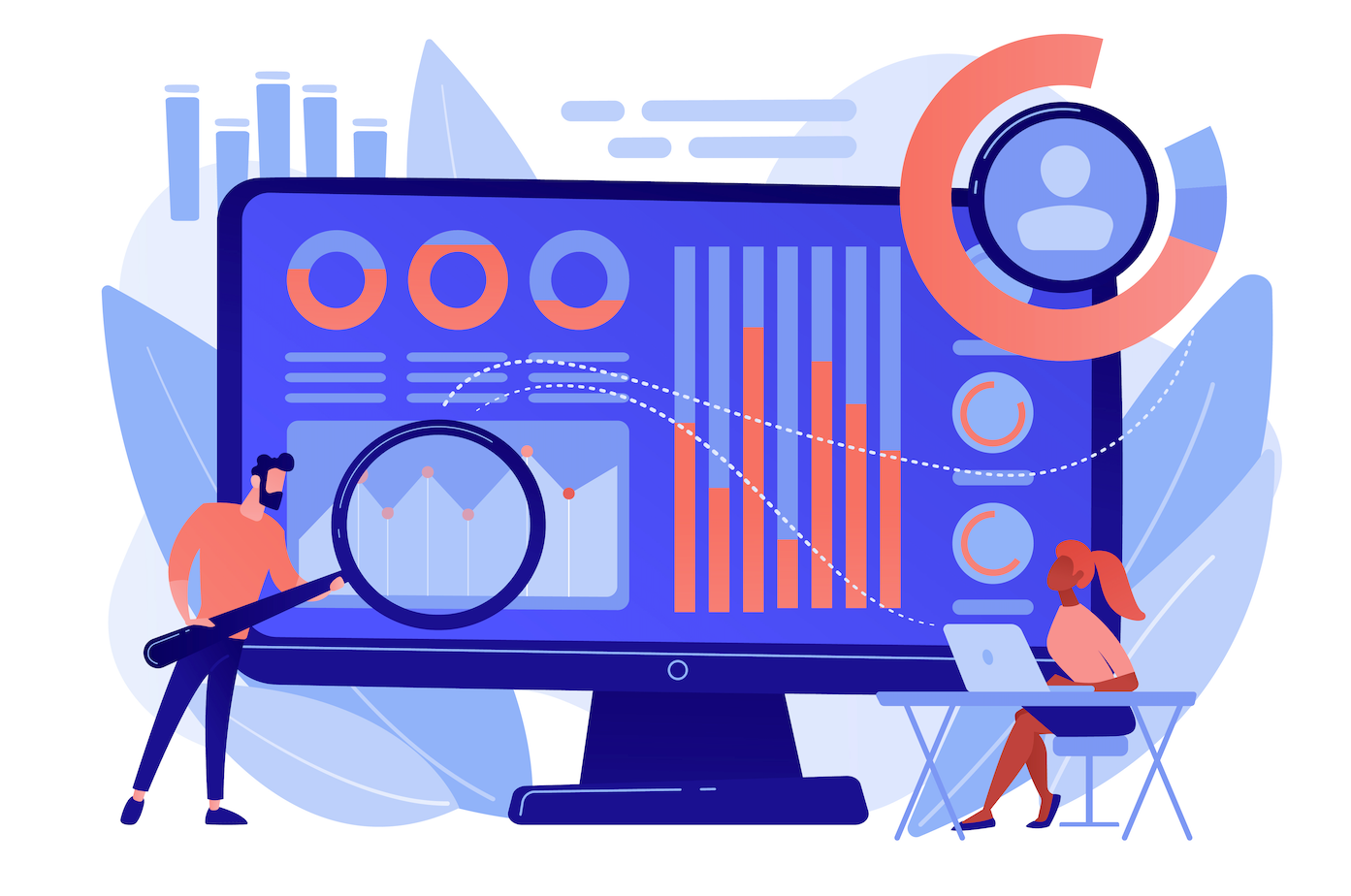Specialisti in
efficienza
energetica e sostenibilità
Riduzione costi energetici,
Ottenere efficienza.
Riduci costi energetici e operativi
Ottieni efficienza energetica
Supporto locale e internazionale
Consulenza indipendente
Perché scegliere Bramo Energy.
30+
Anni di esperienza
100%
Assistenza globale
+1M tCo2
Offset lo scorso anno
98%
Soddisfazione
Clienti


Scopri dai nostri esperti.

By Claire Rose - Senior Energy Consultant. Last month, I sat across from a CFO who was quietly furious. His company had just renewed their energy contract - same supplier, same terms, "for convenience." Three weeks later, one of his main competitors locked in rates 40% lower for the exact same service. That particular instance reminded me why I love what we do: helping businesses stop making expensive energy mistakes. In fifteen years in energy consulting, I've seen companies waste millions simply because they treat energy like a utility bill instead of what it really is - one of their largest controllable expenses. The good news? Every single mistake I've witnessed is completely avoidable.

Streamlining ESG Data. ESG data is no longer just a 'nice to have' for businesses. For leaders in finance, energy, procurement, and facilities, understanding and managing your environmental, social, and governance (ESG) attributes is fundamental to assessing business effectiveness, managing risk, and demonstrating sustainability performance. It's essential for mandatory reporting requirements like CSRD and SFDR, as well as crucial voluntary disclosures such as GRI and SASB. Growing demands from investors and consumers mean accurate, auditable ESG data is critical for maintaining confidence and reputation. What is ESG Data? ESG data provides crucial insights into a company's environmental, social, and governance attributes. It is broken down into three key areas: Environmental Data: Covers metrics like resource usage, carbon footprint, climate risks, waste management, and biodiversity. Social Data: Includes information on labour practices, diversity and inclusion, community engagement, and customer satisfaction. Governance Data: Relates to details such as board structure, executive compensation, business ethics, and regulatory compliance. This data is vital for assessing business effectiveness, risk exposure, and sustainability performance. Who Needs ESG Data? A variety of stakeholders rely on ESG data. Key users include: Investors & financial institutions: Utilise it for due diligence, risk mitigation, and making sustainable investment decisions. Corporations & business leaders: Leverage it to ensure regulatory compliance, enhance brand reputation, and improve sustainability performance. Regulators & government bodies: Need it to enforce regulations and monitor corporate disclosures. Insurance companies: Use it to assess climate risks and underwrite sustainable projects.






























